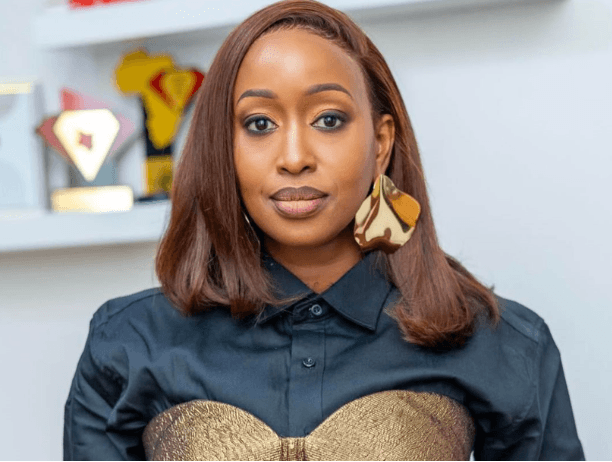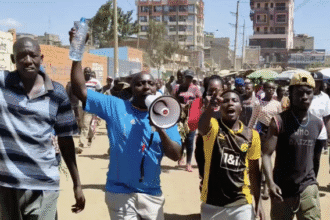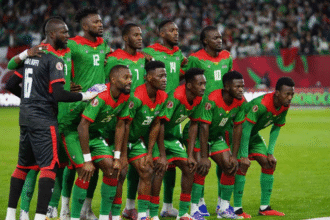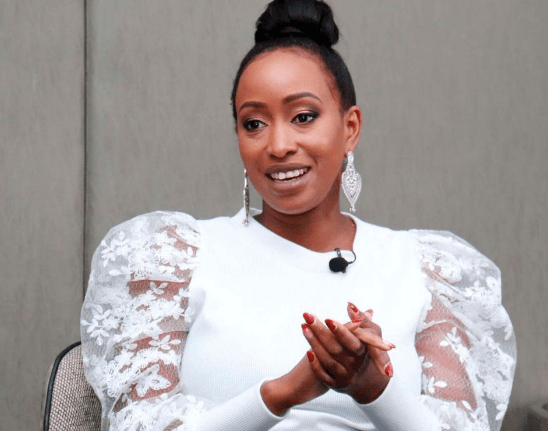
In a society where divorce is still spoken about in hushed tones and often cloaked in shame, public figures who dare to live their truth risk not only public scrutiny but also personal heartbreak beyond the marriage itself. For celebrated media personality and advocate Janet Mbugua, the end of her marriage didn’t just mark the closing of a chapter. it revealed painful truths about friendship, loyalty, and how society often treats women after a divorce.
In a candid moment during a recent interview, Janet opened up about an unexpected fallout she faced after her separation and that was losing people she once called “friends“
Some people simply disappeared. Others changed completely. I thought divorce would be the hardest part, but realizing that some of my friendships were conditional, that hurt in a different way
While Janet has remained private about many aspects of her personal life, she has occasionally used her platform to speak on issues that resonate with thousands of women including emotional resilience, single motherhood, and societal pressure. Her honesty about feeling abandoned post-divorce has sparked a wider conversation about how society often isolates women during their most vulnerable transitions
Many of Janet’s followers and fans, especially women, have found solace in her transparency. Comments flooded her recent posts with words of solidarity, from women who shared eerily similar stories: life long friends going silent, social invitations drying up, and a subtle shift in how they’re treated once they no longer wore the title of “Mrs.”
For Janet, who has spent years championing dignity and empowerment through her Inua Dada Foundation, the experience was both painful and enlightening. She emphasized that it’s not majorly about blaming others, but about realizing who truly belongs in your next chapter
It’s not bitterness. It’s clarity. When your life shifts, not everyone will shift with you. And that’s okay
Her journey also underscores a silent epidemic: the social cost women bear when relationships end. From whispers in social circles to being subtly excluded from events, women who divorce can face alienation not just from in-laws or communities, but from the very people who once claimed to be their support system.
Janet, however, is choosing to move forward with grace and strength. Surrounded by her sons, a few unshakable allies, and the community she continues to build, she is reshaping what post-divorce life can look like for a modern African woman: empowered, unapologetic, and self-defined.
If losing friends was the price of finding myself again, then maybe it wasn’t really a loss
Conclusion
Janet Mbugua’s path post-divorce invites deeper reflection on how we mourn losses beyond marriage. If friendships fade, it’s not always a failure of character, sometimes it’s a necessary part of rebuilding a life with intention and authenticity. Healing isn’t linear, and as Janet reminds us, it takes time, understanding, and peace with who you’re becoming





